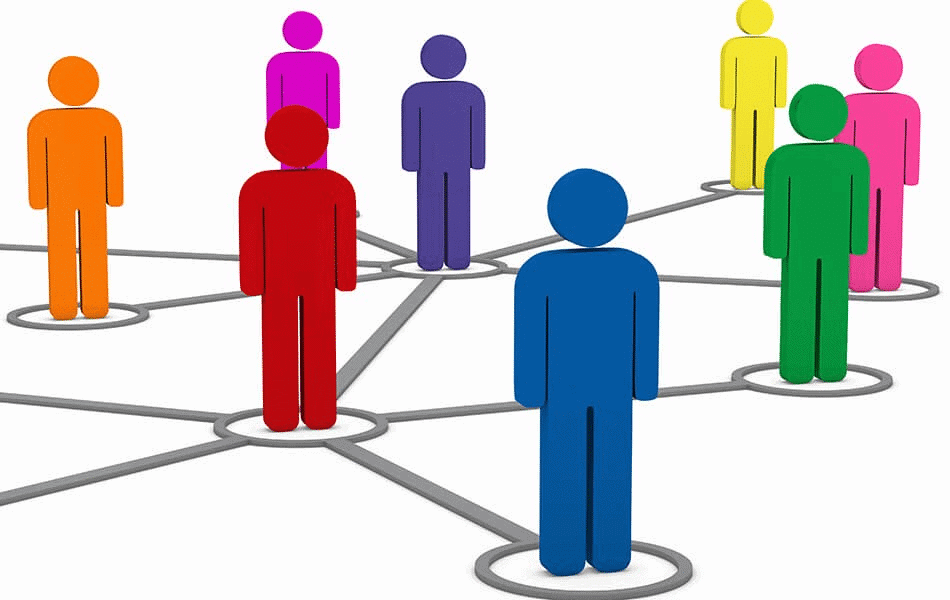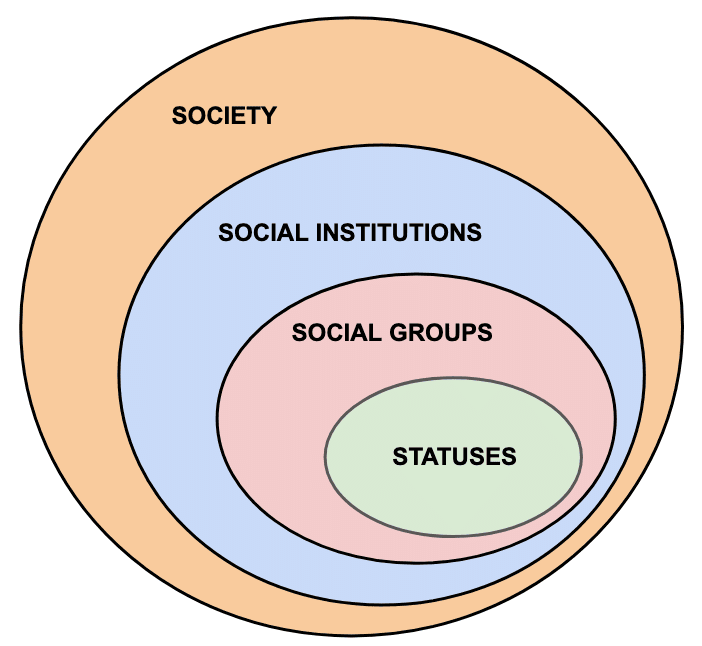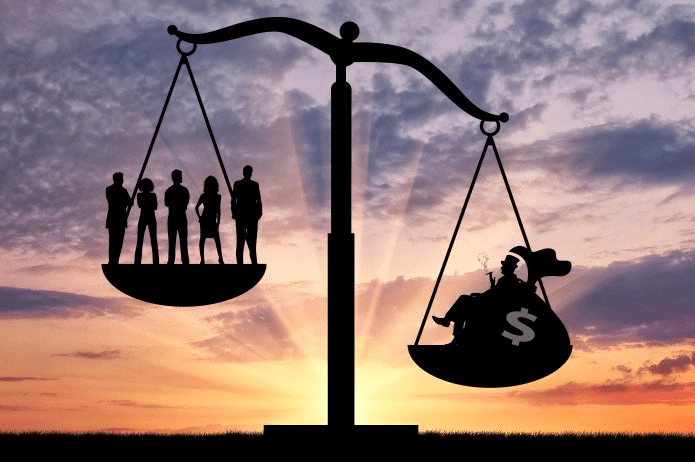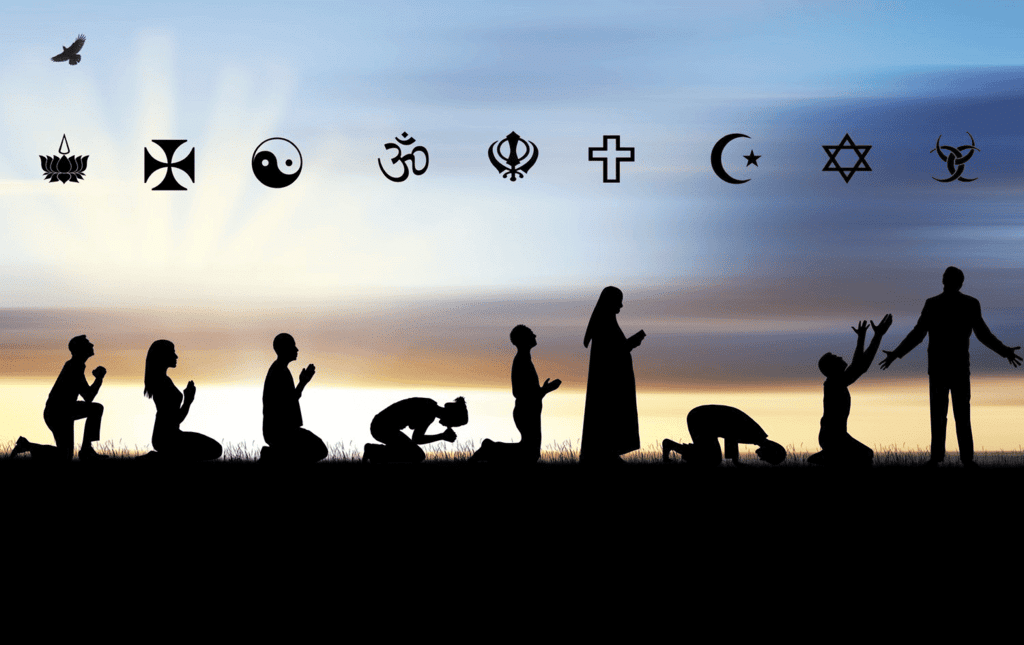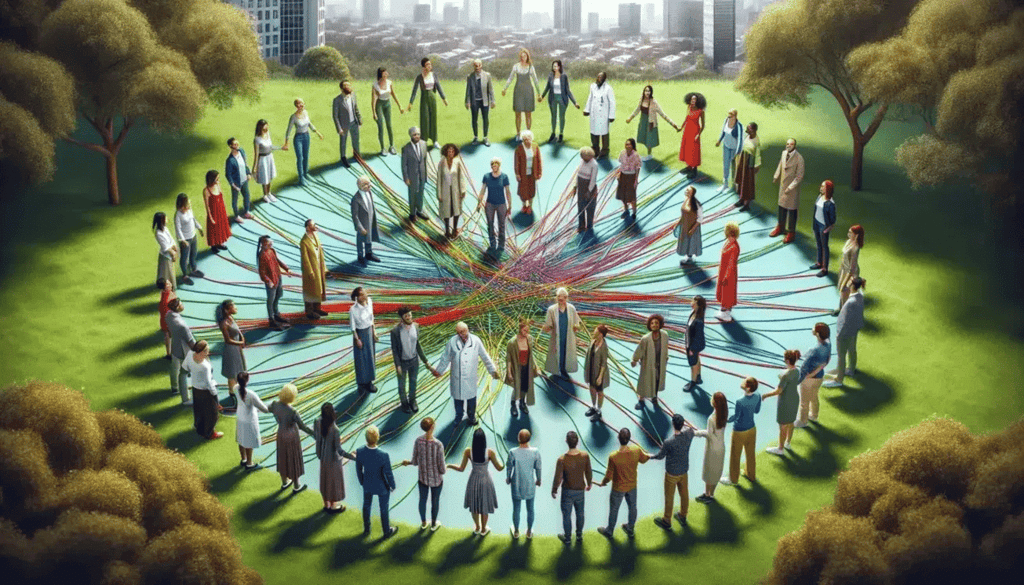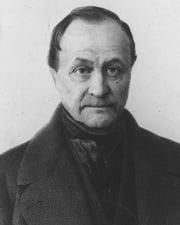|
Card: 3 / 50 |
One of the main tasks of sociology is to connect a personal problem to a ___ issue. |
|
Card: 5 / 50 |
True or False: Sociology relies solely on philosophical reflections to understand society. |
|
Card: 6 / 50 |
False. Sociology is a systematic study of society, distinct from philosophical reflections. |
|
Card: 7 / 50 |
Sociology aims to understand how individuals belong to ___ societies in modern times. |
|
Card: 11 / 50 |
Fill in the blank: Sociology is distinct from common sense observation and ___ reflections. |
|
Card: 13 / 50 |
Multiple Choice: Which of the following best describes sociology? A) Study of individual behavior B) Systematic study of society C) Historical analysis of cultures D) Philosophical discourse |
|
Card: 16 / 50 |
The sociological imagination is the ability to understand the relationship between individual experiences and larger social forces, allowing us to connect personal troubles to public issues.
|
|
Card: 17 / 50 |
The distinction between personal troubles and public issues is crucial in sociology. Explain this distinction. |
|
Card: 18 / 50 |
Personal troubles are individual challenges that occur within the character of the individual and their immediate relationships, while public issues are matters that extend beyond local environments and involve broader social structures. |
|
Card: 19 / 50 |
Fill in the blank: The sociological imagination helps us grasp the relation between ___ and ___ within society. |
|
Card: 21 / 50 |
True or False: Understanding the life of an individual is independent of understanding the history of society. |
|
Card: 22 / 50 |
False. Understanding the life of an individual is interconnected with understanding the history of society. |
|
Card: 23 / 50 |
What happens to social roles when a society is industrialized, according to Mills? |
|
Card: 24 / 50 |
When a society is industrialized, individuals often transition from traditional roles, such as peasants becoming workers and feudal lords becoming businessmen. |
|
Card: 25 / 50 |
Inequality among societies can be observed in various dimensions such as ___ and ___. |
|
Card: 27 / 50 |
True or False: All members of 'Indian society' share the same linguistic and ethnic background. |
|
Card: 28 / 50 |
False; 'Indian society' encompasses diverse linguistic and ethnic communities. |
|
Card: 29 / 50 |
The term 'our society' can refer to which types of communities? Provide at least two examples. |
|
Card: 31 / 50 |
Fill in the blank: Some individuals have great opportunities for advancement in life, while others ___ them altogether. |
|
Card: 33 / 50 |
What factors contribute to the complexity of defining a single 'society' in a diverse country like India? |
|
Card: 34 / 50 |
The presence of multiple linguistic, ethnic, religious, and caste communities makes it difficult to define a single 'society'. |
|
Card: 37 / 50 |
Sociology is derived from the Latin word ‘socius’ meaning ‘___’ and the Greek word ‘logos’ meaning ‘___’? |
|
Card: 42 / 50 |
Sociology is a systematic or scientific study of human society and social behavior, focusing on empirical evidence and social patterns. |
|
Card: 46 / 50 |
Sociology focuses on large-scale institutions, mass culture, small groups, and individual interactions. |
|
Card: 47 / 50 |
Multiple Choice: Which of the following best describes sociology? A) A study of physical sciences B) The study of human social life C) The study of mathematics D) The study of technology |
|
Card: 49 / 50 |
What distinguishes sociological thinking from philosophical and religious thinking? |
|
Card: 50 / 50 |
Sociological thinking focuses on how norms and values function in actual societies based on empirical observations, whereas philosophical and religious thinking is concerned with the moral implications and ideal models of behavior and society. |




